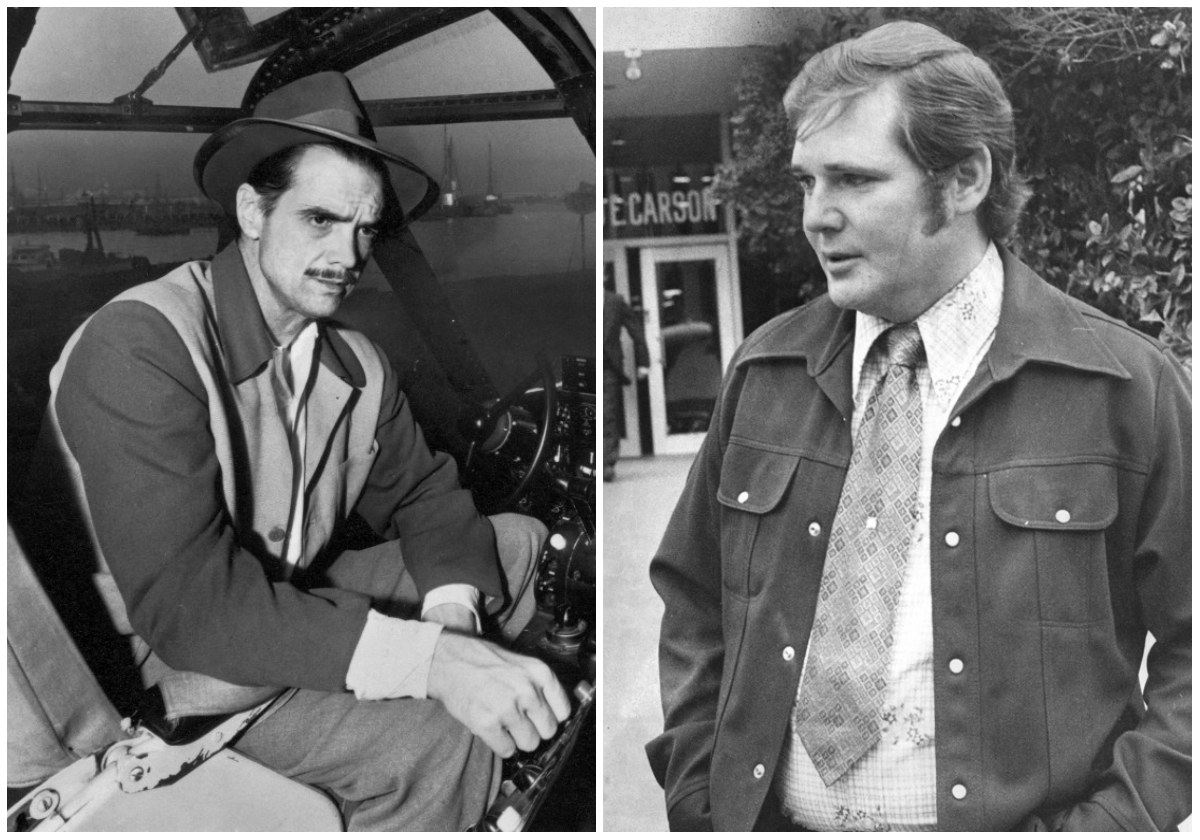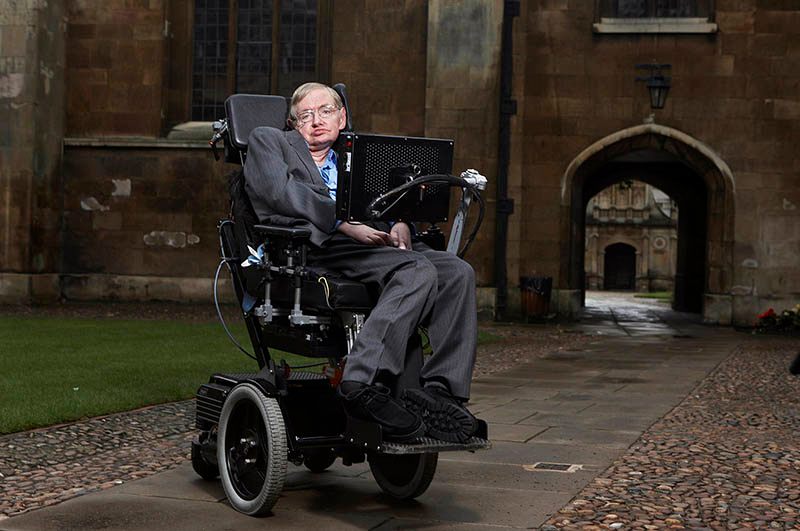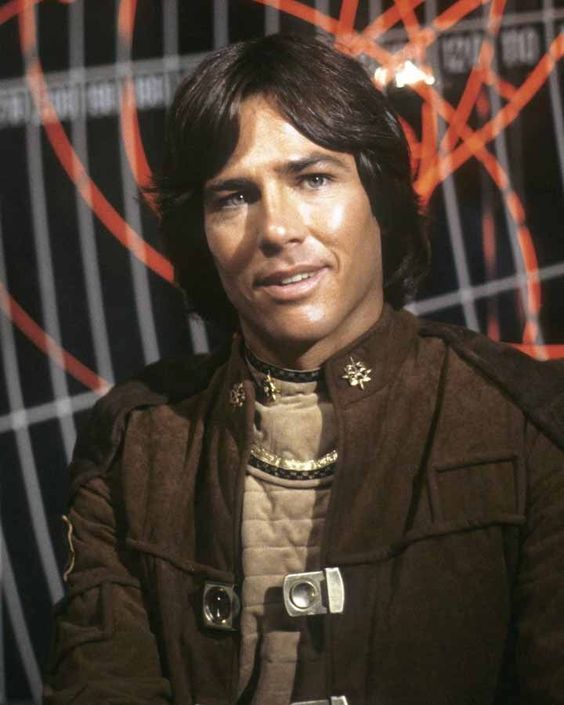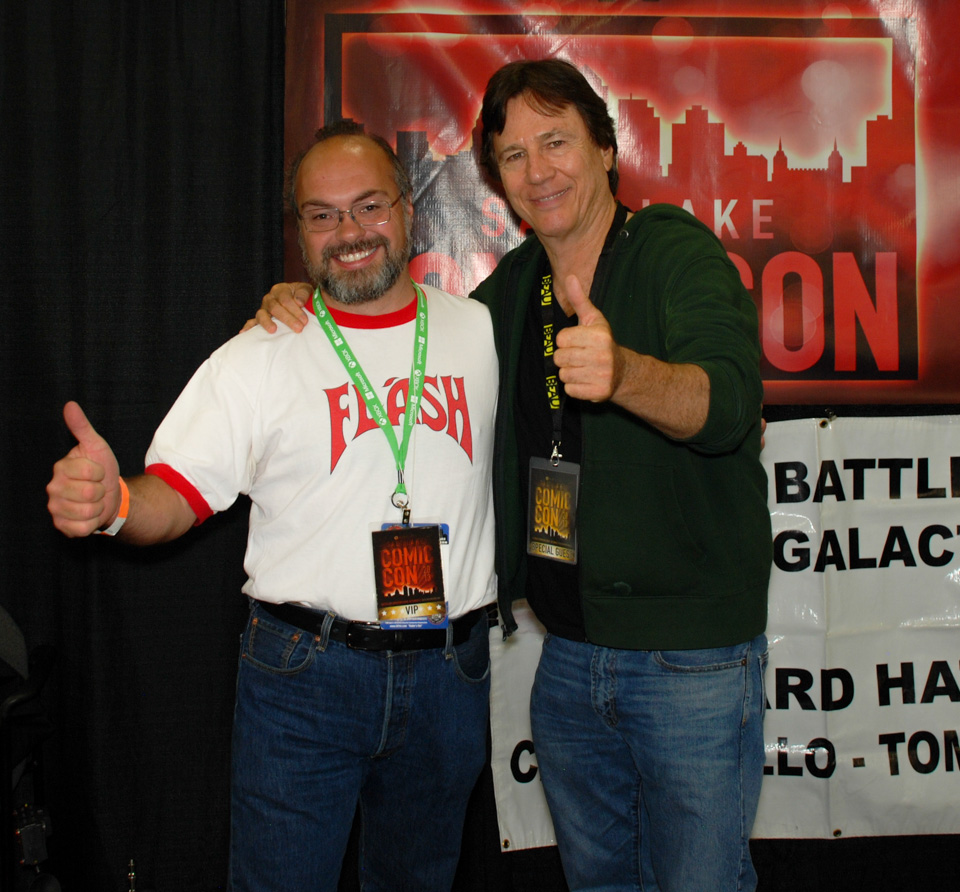I’ve just learned of the passing of Melvin Dummar, the one-time Utah gas-station owner who claimed to have run across a hypothermic old man on a cold night in the Nevada desert and given him a lift to the Sands Hotel in Las Vegas. You all know this story, or at least you ought to, as it truly is the stuff of urban legend: The old man supposedly was Howard Hughes, the reclusive billionaire, and not long after Hughes’ death in 1976, a handwritten will turned up that named Dummar as one of the inheritors of Hughes’ immense fortune, in gratitude for his act of kindness. Sadly, a probate court determined the “Mormon Will” — so-called because it also named the Mormon Church as a beneficiary — was a fake, and Dummar spent the rest of his life drifting from job to job, and place to place, trying to live down his reputation as either one of the most inept forgers in history or a complete crank. He eventually landed in Pahrump, a town on the Nevada/California border not far from Vegas, where he died last Saturday at the age of 74.
I’ve written about Dummar on this blog a number of times. He was something of a legend in these parts when I was a kid… if not exactly a hometown hero, at least a local character. One of ours, if that makes sense. But in addition to the local-interest angle, I’ve always been drawn to tales of the little guy standing up to the establishment, and Dummar’s tale fit perfectly into that category that includes pirates, eccentrics, and renegades of all stripes. The fact that the establishment crushed the little guy in this particular tale only made it all the more compelling for me. And it probably doesn’t hurt that Paul LeMat, the actor who played Dummar in the 1980 film Melvin and Howard, has always reminded me of my dad.
For what it’s worth, I believe Dummar’s story.
Not just that he gave Howard a lift, but I also believe that the Mormon Will was the real deal, likely one of many that Howard produced toward the end of his life as drugs, mental illness, and neglect took their toll on him. I further believe that Hughes’ inner circle of advisors, bodyguards, lawyers, and sycophants took advantage of their boss’ mental condition to fatten their own wallets, that they were responsible for the appalling conditions in which he evidently spent his final years, and that they weren’t about to allow any gas-station attendant from Willard, Utah, to have a slice of their pie. In my opinion, they pulled out all the stops to discredit Dummar and the will, and sadly, Dummar helped them through several naive blunders of his own. This is all far more into the realm of conspiracy theory than I usually like to venture… but it is what I am convinced of. The tale of Melvin Dummar is a tragedy, in my opinion, a rags-to-riches story that would’ve been the end-all, be-all of that genre if it hadn’t been strangled in the crib by a gang of craven villains.
Not that any of it matters now, forty years down the road. And not that we’ll ever really know, since everyone who was there is now dead. I only hope that Melvin Dummar had found some peace of mind in the end.

Howard Hughes and Melvin Dummar, both pictured in their younger days.


 In the summer of 1993, I was in England, playing the role of student at the University of Cambridge. I lived in one of the historic colleges, I punted the Cam, I rode a bicycle through the grassy parkland known as The Backs, and of course, I downed quite a few pints of Guinness in smoky waterside pubs. But there was one quintessential Cambridge experience I never managed to check off my list: meeting Professor Stephen Hawking. He evidently lived somewhere near Selwyn College, my home-away-from-home for the duration of the International Summer School program, because several of my housemates reported encountering him on the street. But I never did. Not once during the month I was there did I so much as catch a glimpse of the famous physicist.
In the summer of 1993, I was in England, playing the role of student at the University of Cambridge. I lived in one of the historic colleges, I punted the Cam, I rode a bicycle through the grassy parkland known as The Backs, and of course, I downed quite a few pints of Guinness in smoky waterside pubs. But there was one quintessential Cambridge experience I never managed to check off my list: meeting Professor Stephen Hawking. He evidently lived somewhere near Selwyn College, my home-away-from-home for the duration of the International Summer School program, because several of my housemates reported encountering him on the street. But I never did. Not once during the month I was there did I so much as catch a glimpse of the famous physicist.

